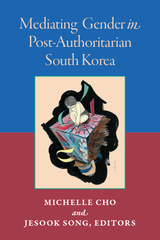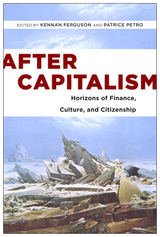
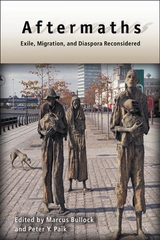
Marcus Bullock and Peter Y. Paik, in bringing this collection together, show we have reached a moment in history when it is imperative to question prevailing intellectual models. The interconnectedness of the world's economies, the contributors argue, can exacerbate existing antagonisms or create new ones. With essays by Ihab Hassan, Paul Brodwin, and Helen Fehervary, among others, Aftermaths engages not only with important academic topics but also with the leading political issues of the day.
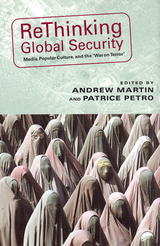
Analysts today routinely look toward the media and popular culture as a way of understanding global security. Although only a decade ago, such a focus would have seemed out of place, the proliferation of digital technologies in the twenty-first century has transformed our knowledge of near and distant events so that it has become impossible to separate the politics of war, suffering, terrorism, and security from the practices and processes of the media.
This book brings together ten path-breaking essays that explore the ways our notions of fear, insecurity, and danger are fostered by intermediary sources such as television, radio, film, satellite imaging, and the Internet. The contributors, from a wide range of disciplines, show how both fictional and fact-based threats to global security have helped to create and sustain a culture that is deeply distrustful. Topics range from the Patriot Act, to the censorship of media personalities, to the role that television programming plays as an interpretative frame for current events.
Designed to promote strategic thinking about the relationships between media, popular culture, and global security, this book is essential reading for scholars of international relations, technology, and media studies.
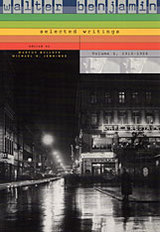
READERS
Browse our collection.
PUBLISHERS
See BiblioVault's publisher services.
STUDENT SERVICES
Files for college accessibility offices.
UChicago Accessibility Resources
home | accessibility | search | about | contact us
BiblioVault ® 2001 - 2024
The University of Chicago Press




